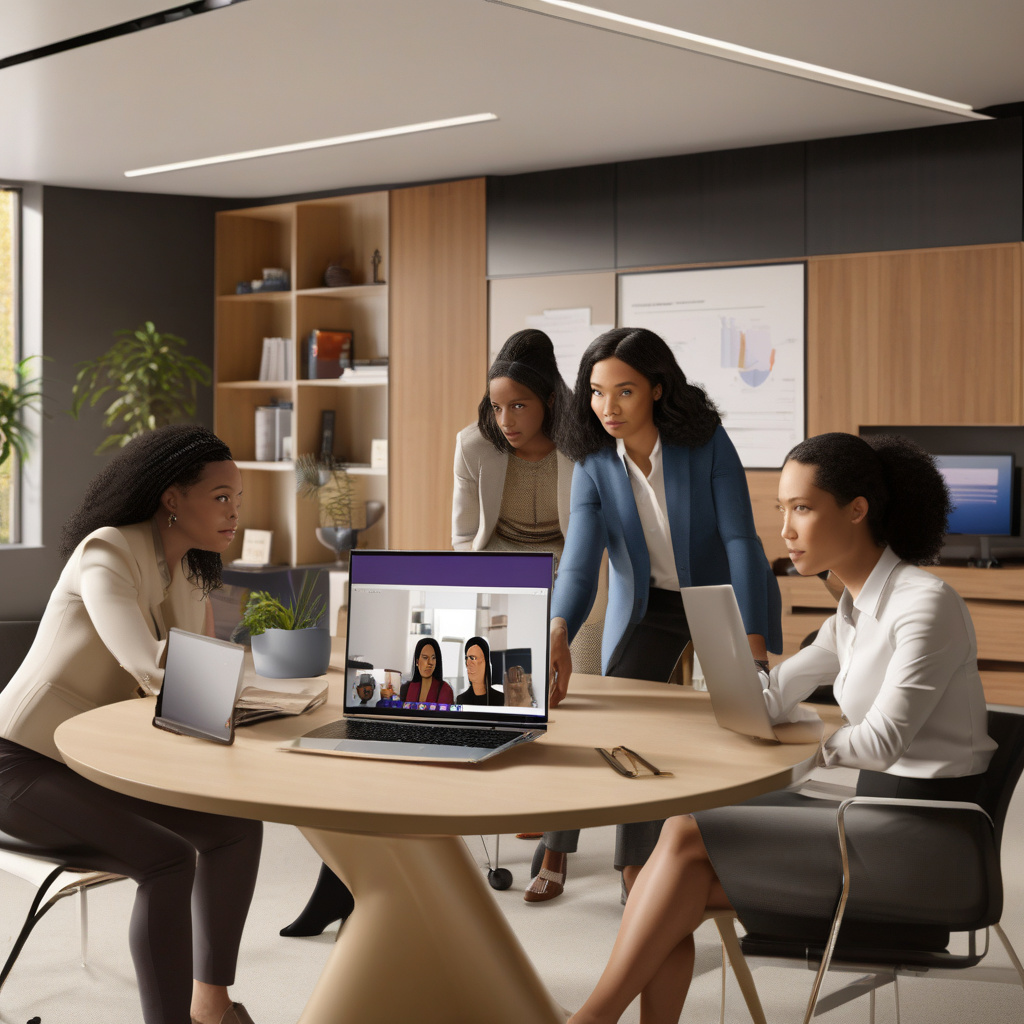Microsoft Prompts Teams AI Agents to Collaborate with Humans
In a move that underscores the ever-growing synergy between artificial intelligence and human collaboration, Microsoft has introduced a groundbreaking development in its Teams platform. The addition of a “facilitator” agent aims to revolutionize meeting dynamics by offering AI support in tasks such as agenda creation and note-taking, among other functionalities. This innovation marks the advent of a new era where AI acts as a seamless teammate, enhancing productivity and communication within teams.
Nicole Herskowitz, the corporate vice president for Microsoft 365 and Copilot, emphasized the strategic shift towards enabling teams to leverage AI effectively for building strategies, minimizing miscommunication, and expediting progress. The introduction of Copilot agents like the Facilitator heralds a transformative approach to collaboration within Microsoft 365 applications, promising a more streamlined and efficient workflow for users.
The Facilitator agent in Teams manifests during meetings, streamlining various tasks to allow participants to focus on the discussion at hand. From retrieving or creating meeting agendas to managing discussion timelines, the agent ensures meetings stay on track while offering the flexibility for participants to tailor the agenda to their needs. This balance of structure and adaptability showcases the agent’s ability to enhance meeting efficiency without overshadowing human input.
Moreover, the Facilitator excels in note-taking, enabling real-time editing by all participants and providing information retrieval capabilities. Its seamless integration with other Microsoft tools, such as the Project Manager agent in the Planner app for Teams, allows for task assignment and management within a collaborative framework. By automating tasks like document creation and task allocation, the Facilitator empowers teams to focus on substantive discussions and decision-making.
Beyond the Facilitator agent, Microsoft is expanding its AI ecosystem with agents like the Channel agent, designed to serve as domain experts within Teams channels. These agents offer specialized support, ranging from deadline reminders to task assignments, further enhancing team productivity and coordination. The interconnectivity facilitated by the Model Context Protocol underscores Microsoft’s commitment to seamless AI integration across applications, fostering a cohesive and efficient workflow.
In parallel developments, Microsoft is introducing agents like the Knowledge agent for SharePoint, aimed at enhancing metadata generation and content organization within SharePoint sites. This agent not only streamlines file management but also offers advanced functionalities like natural language querying and automated task execution, showcasing the potential for AI to revolutionize information management processes.
In conclusion, Microsoft’s initiative to integrate AI agents into its collaboration platforms signifies a significant milestone in the evolution of workplace productivity tools. By leveraging AI to augment human capabilities, Microsoft is paving the way for more efficient, strategic, and informed decision-making processes. As AI continues to play a pivotal role in shaping the future of work, Microsoft’s innovative approach sets a compelling precedent for the seamless integration of technology and human expertise in the modern workplace.

